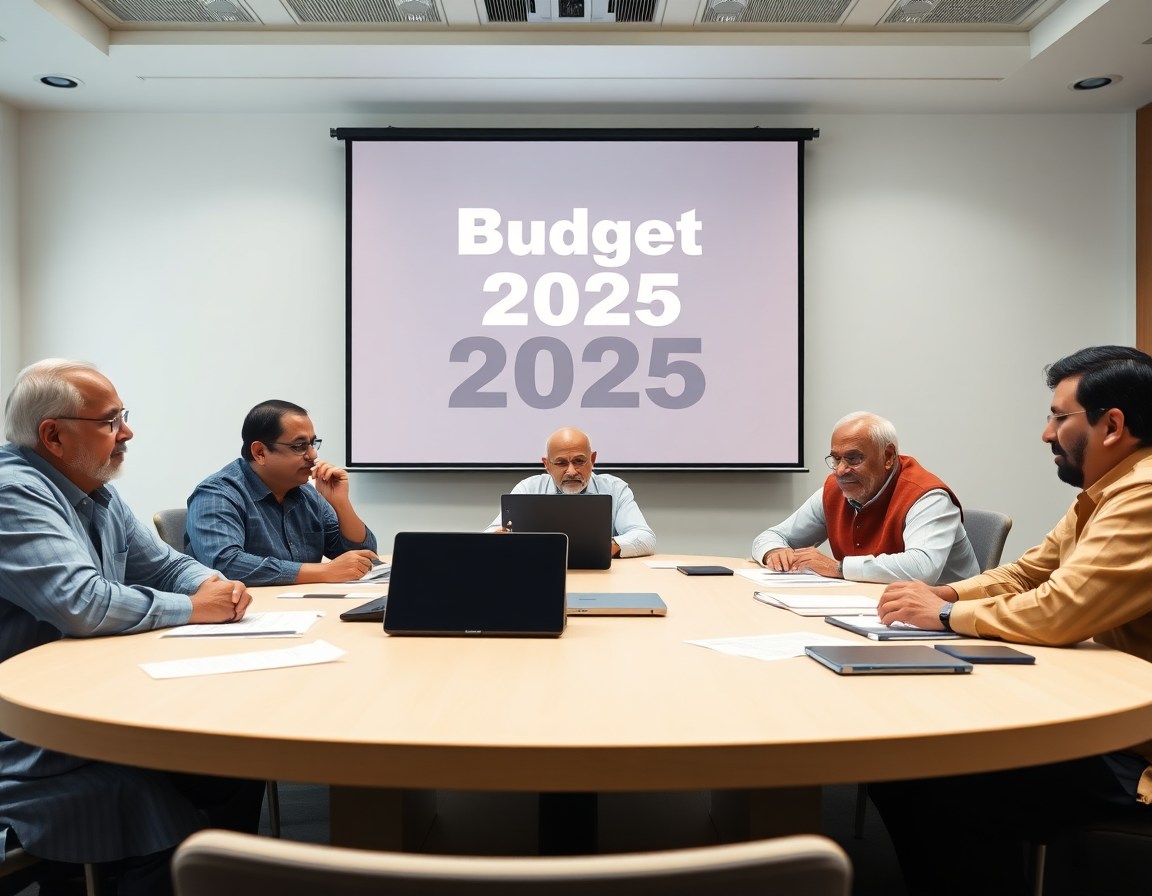[ad_1]

Mumbai: The upcoming Budget 2025-26 should focus on modernising the transmission grid infrastructure, increasing allocation for smart metering, and digitalising the energy sector through artificial intelligence, according to industry stakeholders.
Vikram V, Vice President & Co-Group Head – Corporate Ratings, ICRA, said measures to fast-track the development of battery storage and pumped hydro storage projects remain important.
“Policy measures are required to incentivise the manufacturing of grid scale batteries and backward integration in module manufacturing. This apart, adequate Budgetary allocation for augmenting the transmission infrastructure to evacuate power from upcoming renewable power projects is expected,” he said.
He added that the Budget should increase allocation for smart metering to scale up installations and progress towards improving the operating efficiencies of the state distribution utilities.
“It is vital to stress that the upcoming budget needs to prioritize long-term investments in both renewable and traditional energy sources. The shift toward clean energy is no longer just a trend — it’s an urgent necessity. But this transition cannot happen overnight, and it certainly won’t be smooth without strong government support,” said Sanjay Gupta, CEO, Apollo Green Energy.
He added that the governments must ensure that funding is allocated for the research and development of innovative technologies that can reduce emissions, improve energy efficiency, and expand renewable energy capacity.
“This includes not only wind, solar, and hydrogen but also new technologies that can help stabilize grids and increase energy storage. The Budget should also address the need for modernizing infrastructure, as much of the existing grid is outdated and ill-equipped to handle the growing demands of a more sustainable energy future,” he said.
He added that the Budget must focus on both transition and stability.
According to Amit Paithankar, whole-time director and CEO, Waaree Energies, expanding ALMM to include supply chain components such as ingots and wafers would enable comprehensive backward integration, bolstering domestic manufacturing.
“Last year’s Union Budget laid a strong foundation for India to emerge as a dominating force in solar PV module manufacturing and the broader solar energy ecosystem. The potential extension and enhancement of the PLI scheme would further empower domestic players to scale their manufacturing capacities and accelerate progress toward achieving 500 GW renewable power by 2030,” he said.
He added that while ALMM for modules is already operational and for cells is in draft, expanding ALMM to include supply chain components such as ingots and wafers would enable comprehensive backward integration, bolstering domestic manufacturing.
Anti-dumping duties are another critical measure to diversify and indigenise the supply chain, though their implementation must be gradual to mitigate short-term price fluctuations and maintain the sector’s growth momentum.
He added that the Budget to expand existing government programmes to further support rooftop solar PV adoption would be a welcome step in the upcoming budget.
“We urge the government to introduce targeted tax benefits and capital incentives. Increasing export subsidies for the renewable energy sector from 1 per cent to 5 per cent would significantly enhance India’s global standing, while providing accelerated depreciation rates for core renewable assets would allow the industry to adapt to the rapid pace of technological advancements,” he added.
Saurabh Kumar, vice-president India, Global Energy Alliance for People and Planet, said that the priorities must include scaling renewable energy by addressing grid and transmission challenges, advancing Battery Energy Storage Systems for grid stability and reliable power, doubling energy efficiency and digitalising the energy sector through AI, smart meters, and data-driven solutions.
[ad_2]
Source link



